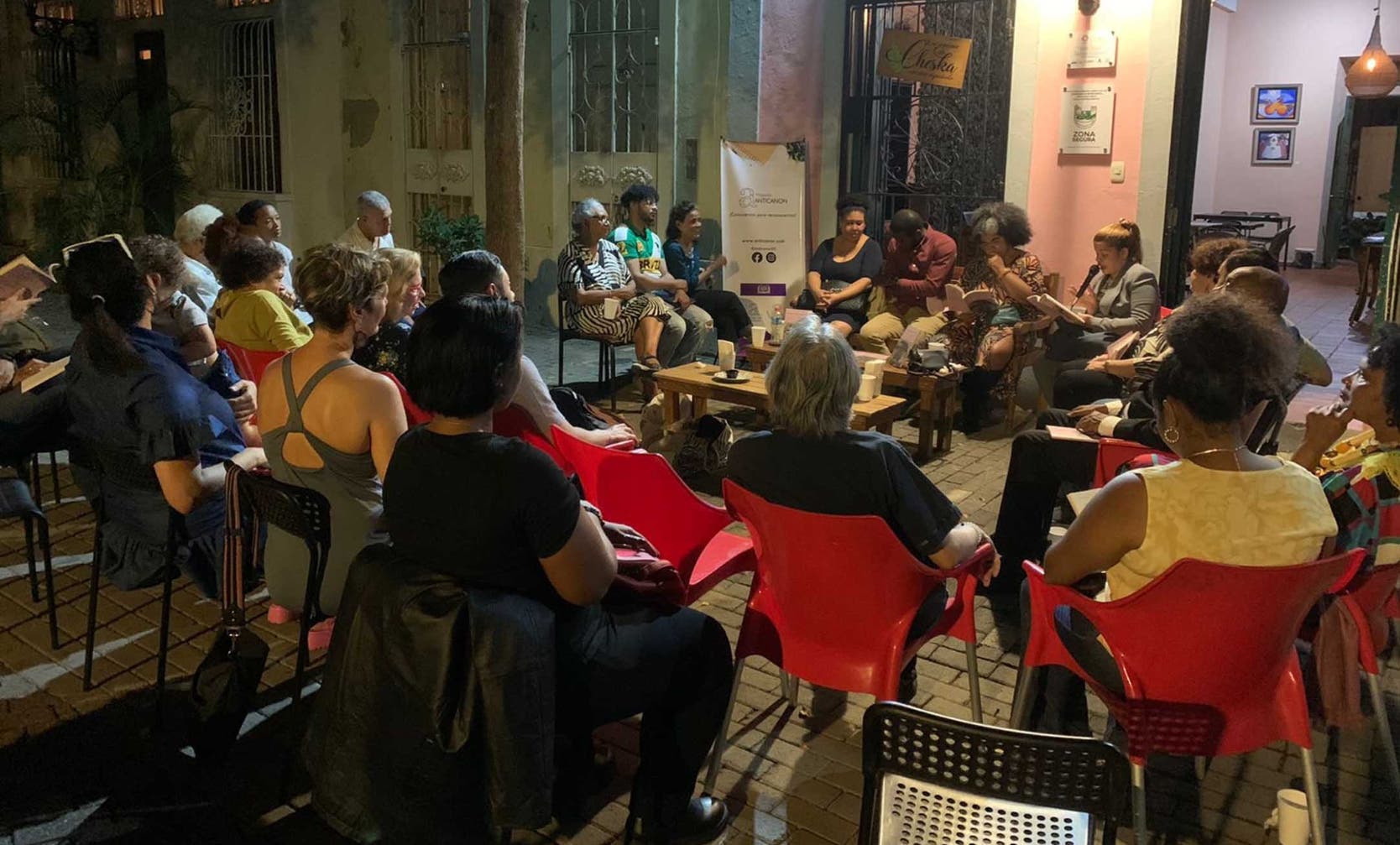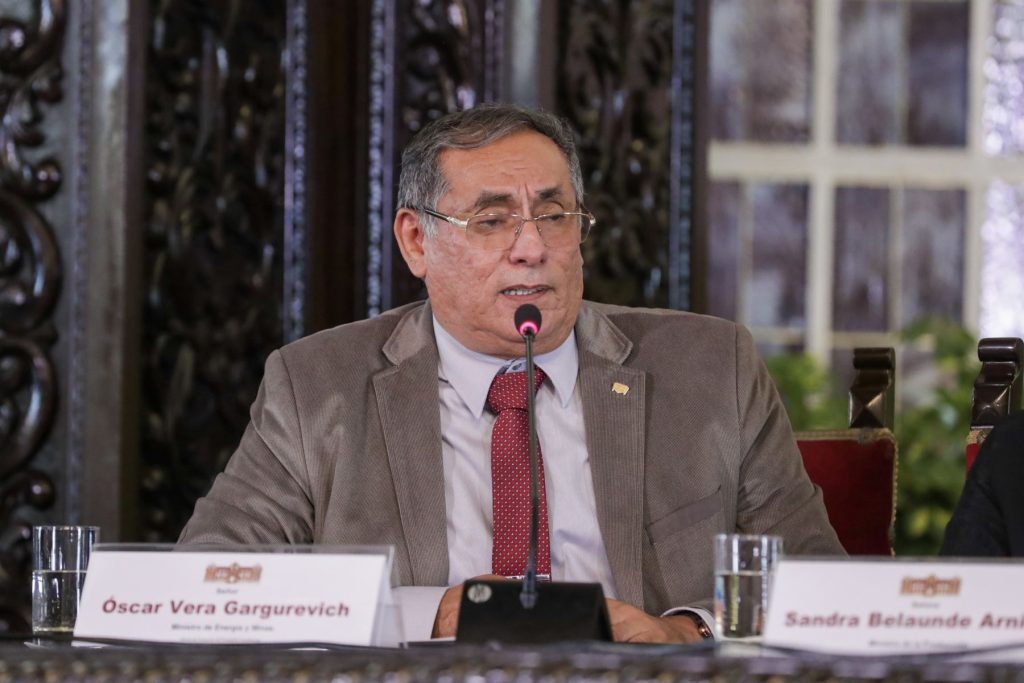A trilingual anthology, that is, in Spanish, French and Creole, brings together authors from the Dominican Republic and Haiti in a fraternal delivery that fosters rapprochement
The Dominican Republic and Haiti share a portion of land surrounded by water and it is not true that it is indivisible. It is divided by gates, guards and, above all, prejudices. Ah, but there are so many things in common that obstacles can do nothing and art comes to remember them.
These obstacles are combated with contributions such as the book Letras de isla/ Lettres de L´île/ Lét Zile A, an anthology that contains poetry, narrative, drama, in Spanish and the two languages of Haiti, the official one, French, and the mother tongue. or Creole.
In this effort, the Dominicans Chiqui Vicioso, Ibeth Guzmán, Ingrid Luciano, Lauristely Peña Solano and Michelle Ricardo and the Haitians Kettly Mars, Melisa Bérélus, Judith Michel, Ervenshy Jean-Louis, Coutecheve Lavoie and Jhak Valcourt put their literary contribution.
The initiative of the Anticanon cultural project began with dialogues between writers from both countries and Peña Solano, one of its coordinators, explains the reason for these conversations: the lack of communication, of material, beyond what is in the books and what the news says. There was, therefore, a need to listen to other voices.
He says that Mars lit that flame during a creative literature class. Then the motivation generated a meeting open to the public, which would highlight the realities from here and there, that is, from Quisqueya, the great and common house, everyone’s.
Of the similar aspects, the manager highlights above all others the human situations, violence against women, dressed in crimes such as human trafficking, prostitution. Dominican women sold in Haiti and vice versa, which surpass political issues.
In the anthologized texts, this abuse is a persistent denominator.
Peña Solano provides information about the similarity of difficulties between Haitian authors. “In the country, women writers have less visibility than male writers, but in Haiti they both face similar situations.” That is why they did not limit the work to creations by women.
It deplores how the increase in deportations gave carte blanche a niche to hate-filled groups to promote their ideas, to the point that the invitation to put the book into circulation was almost secret, but the members of the movement were astonished to see that despite This, the attendance exceeded the number of guests.
so much misinformation
Michlle Ricardo is another of the coordinators of Anticanon and regarding the reasons for this trilingual anthology and the previous dialogues she insists on a long and harmful word: disinformation. Of course, linked to another of similar size and effect, anti-Haitianism.
He is bothered by this handling that offers a distorted vision and that the Haitian issue is even used to entertain the population when it faces burning issues.
“During the discussion of the tax reform, news increased about deportations and entry of undocumented immigrants and a riot in the Haina resort with an incredible deployment of security forces,” he maintains.
He assures that here the neighboring country is an obsession, a nuclear element in the narrative and that however, there this part is just a nation like others.
Enthusiastic, she focuses her gaze on the opportunity that arts and culture provide to deliver products that bring people together, that transform, from a perspective attached to the truth, that sweeps away hatred.
“The proposal is to show ourselves from a more human perspective, highlight common elements, our condition as an island. This is a shared house and we have to deal with that and look at the other, because talking about half the island is eliminating the other part,” he proposes. .















